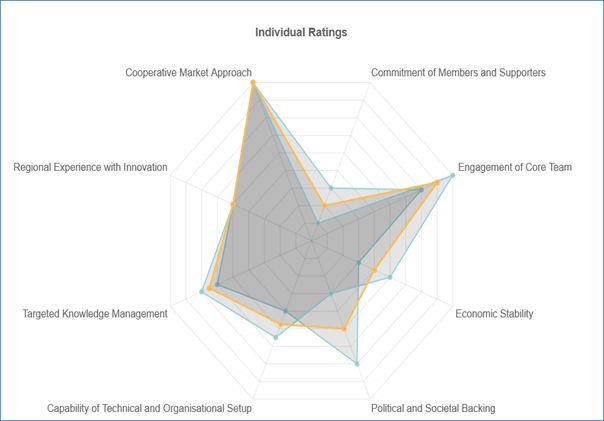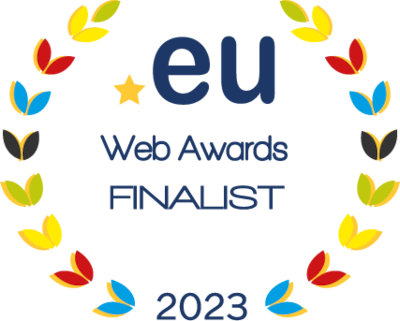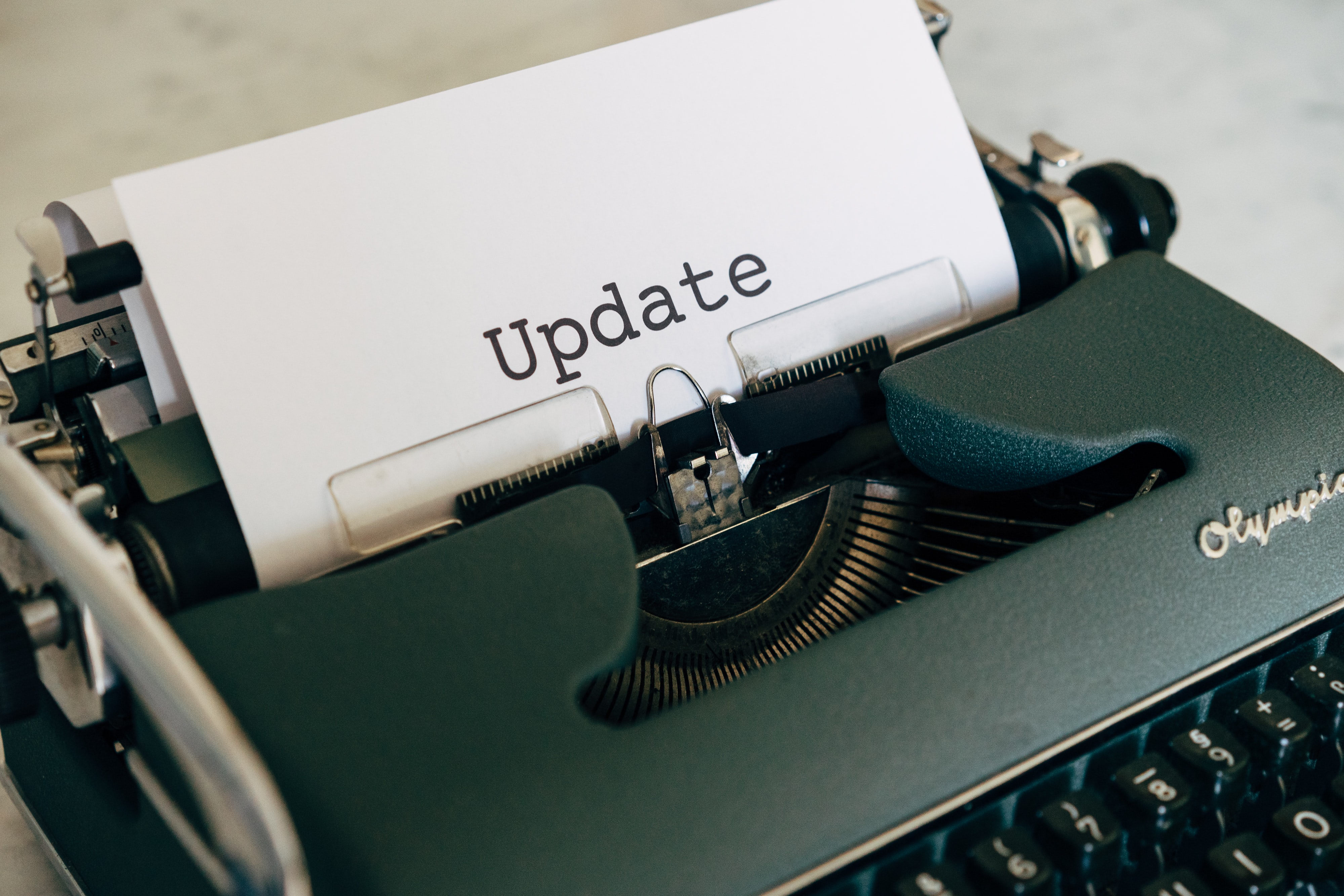
DECIDE hosted two events in May
05 Jun 23
During May, DECIDE hosted two events: the Webinar "Designing inclusive and scalable collective energy actions" on 3 May 2023, and the Workshop "Discover the strengths and weaknesses of your energy initiative!" on 11 May 2023.
The European Union set the target to become climate neutral by 2050 and to reduce GHG emissions by 55% by 2030. Collective energy actions has a great potential to help the transition toward a sustainable way to produce and consume energy, by giving the opportunity to all stakeholders in this endeavour.
To meet those targets, we to substantially and quickly increase the number of local initiatives and this is why it is extremely important to investigate the potential of those experiences to be reproduced n a different context (replicate) and to healthy grow (upscale) while being attentive to diversity (inclusive).
This has been the overarching topic of a workshop and a webinar strongly connected that DECIDE organized respectively on 3 and 11 May 2023 that build on the idea that replicability, inclusivity and scalability are elements that could already embed in the DNA of a collective energy action, if considered already in the phase of design and set up.
In the webinar Designing inclusive and scalable collective energy actions Gosia Matowska (ThinkE) presented the results of a DECIDE survey and interviews which analysed how collective actions initiatives consider to be inclusive, scalable and replicable and which elements can be included in their contract to ensure those elements whilst Michael Brenner-Fließer (Johanneum Research), presented the list of key performance indicators that can help monitoring these complex aspects.
Finally Jens Lowitzsch (Kelso institute) presented the interesting experience of the SCORE project (that in the Polish city of Słupsk worked with homeless people) and the “Engagement cascade” which was build to unpack and address the many factors that orientate the behaviour of low income household to include them in renewable energy projects and secure their ownership on those. Kelso institute also built a "Morphological Box for Energy Communities” that aims at facilitating the visualization and interconnection between those elements.
Building on these outcomes and based on the work of RESCOOP and JR in the H2020 project COMPILE, DECIDE build the Maturity and Scalability Tool, a self-assessment tool for collective energy actions to help them in understanding the current state of their projects, including their strengths and weaknesses.
The tool consider three key aspects: market impact of the initiative in the energy system, the supportive environment which evaluates the external conditions in which the initiative operates, and finally functional internal organization and democratic representativeness measure the efficiency of internal processes and the initiative's ability to represent the will of its members. Those elements are then broken down in a total of 8 dimensions
The workshop Discover the strengths and weaknesses of your energy initiative! led by DECIDE partners BAUM and Johanneum Research, gave the opportunity to DECIDE partners to present the tool, gather feedbacks and bring the discussion further on who could most benefit from such a tool and at which stage of the initiative the assessment should be done also thanks to parallel working groups that look respectively to Upscaling and Replication potential and Members and Customers perspectives and expectations.
Watch the recording of the webinar here.
Read more about the contractual obligations to secure inclusivity in this checklist and in this report.
Have a closer look at the KPIs here
The full report of the workshop is available here
Play with the Maturity and Scalability Tool
All news


